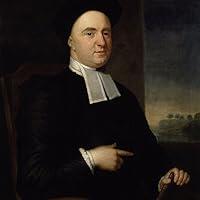
George Berkeley
Over de Auteur
George Berkeley was an Irish philosopher and bishop, best known for his contributions to the philosophy of idealism. He posited that material objects do not exist independently of the perceptions of observers, encapsulating this view with the famous dictum "esse est percipi" (to be is to be perceived). His work emphasized the role of the mind in the formation of reality, challenging the assumptions of materialism that were prevalent in his time. Berkeley's ideas laid foundational stones for later philosophical thought, influencing other thinkers and movements.
Throughout his life, Berkeley wrote several significant works, including "A Treatise Concerning the Principles of Human Knowledge," where he articulated his theories on perception and existence. He also served as the Bishop of Cloyne in Ireland, where he was deeply involved in the education of the clergy and the welfare of his parishioners. His philosophical inquiries extended beyond metaphysics to education and religion, making him a multifaceted figure in the early 18th-century intellectual landscape.